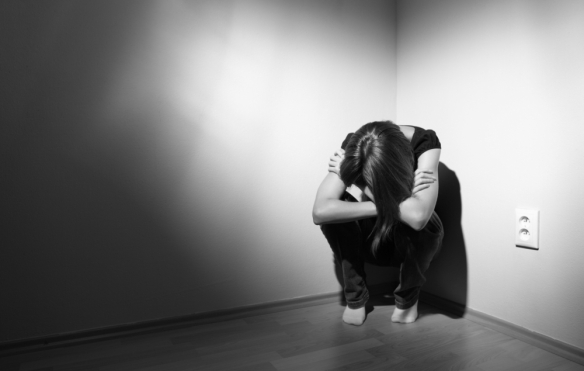Health Matters
Dr Andrea Fitzgerald
Depression is a common illness, affecting more than one in 10 people in Ireland at any one time. Nearly 20 per cent of us will suffer from depression at some point in our lives. Depression is so common globally that the World Health Organisation has predicted that by 2020 it will be the second highest contributor to the burden of disease worldwide.
Depression is more than just feeling ‘a bit down’. It is an illness, caused by known or unknown stressors which cause a chemical imbalance in the brain. This chemical imbalance affects a person’s mood, energy levels, sleep patterns, behaviour and even causes physical symptoms.
The two main symptoms of depression — as stated by recent guidance published by the National Institute of Clinical Excellence (NICE) in Britain — are:
1. Losing pleasure in things that were once enjoyable
2. Losing interest in other people and usual activities.
Other symptoms can include:
Feeling ‘low’
Crying a lot
Disturbed sleep, including sleeping much more or less than usual
Decreased or increased appetite and / or weight
Decreased energy
Poor concentration
Poor memory
Indecisiveness
Feeling worthless
Excessive or inappropriate feelings of guilt
Agitation or slowing of movements
Neglecting friends, family, work or other commitments, or self
Hallucinations or delusions
Suicidal thoughts or acts
Usually, for depression to be diagnosed, at least five of the above symptoms should be present, occurring most of the day, on most days, for at least two weeks. Suicidal thoughts or acts, hallucinations, delusions, severe self-neglect or severe agitation, are reasons to strongly suspect depression (in the absence of another cause) even in the absence of other symptoms.
If you think you may be suffering from a depressive illness you should visit your GP in the first instance. This is for two reasons. Firstly, they are well placed to offer you treatment if necessary, and guidance on where to get more help if needed. This is especially important as some treatments are particularly successful for certain types of depression, but may not be so good for others. Secondly, some physical diseases (e.g. hypothyroidism and certain viruses) may mimic depression.
Most people who suffer a depressive episode will feel better within four to six months. About half will not suffer from depression again, while half will go on to experience further periods of depression. A minority of sufferers will get better on their own, but for most people some form of treatment is recommended.
For some, medication and / or talking therapies may be required, but for many, alternative solutions may be appropriate, such as getting adequate, good-quality sleep, reducing nicotine and alcohol intake, enrolling in exercise classes, and reading good quality self-help books. Try to talk about your feelings with friends and family, as their support can be invaluable.
A useful starting point for those unsure of their symptoms, or nervous of seeking medical help, could be websites dedicated to those affected by depression, including the excellent www.aware.ie, www.leanonme.net, and www.moodmonitor.com.
Sadly, depression is under-recognised and under-treated, possibly due to the stigma still attached to this incredibly common illness. Its symptoms can also often be masked by co-existing chronic illness, personality disorders, anxiety disorders, post-traumatic stress disorder and other mental illnesses. As life gets tougher for many in Ireland, and suicide rates continue to rise dramatically, it is more important than ever that we see depression as a real illness, with real causes, problems, and most importantly, solutions.



